

The problem in California doesn’t appear to lie with finding out about lead-poisoned workers, but with what happens — or doesn’t happen — when some state officials get that information.


Why would Disneyland, which hosts thousands of kids every day, be part of an effort to defeat a bill that simply requires reporting of blood-lead levels high enough to produce heart disease and serious brain disorders?
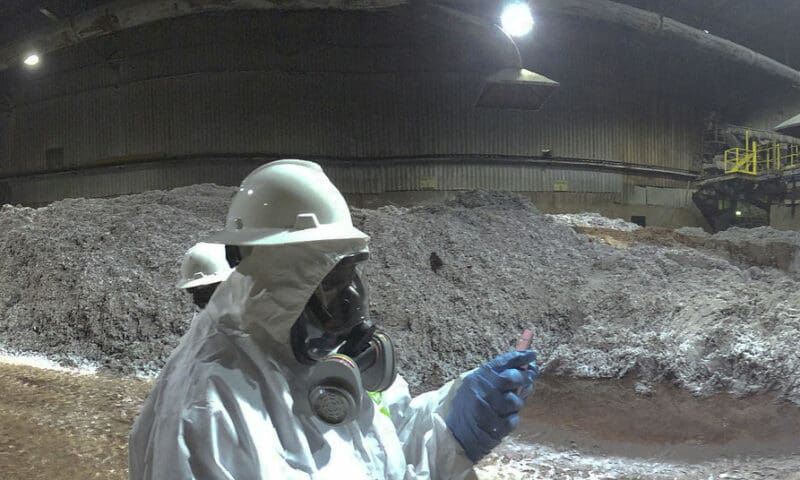
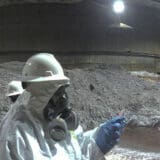
Battery recycling is considered one of the most potentially hazardous industries. Yet Vernon’s Exide workers were routinely being poisoned with nearly nonexistent intervention by Cal/OSHA.
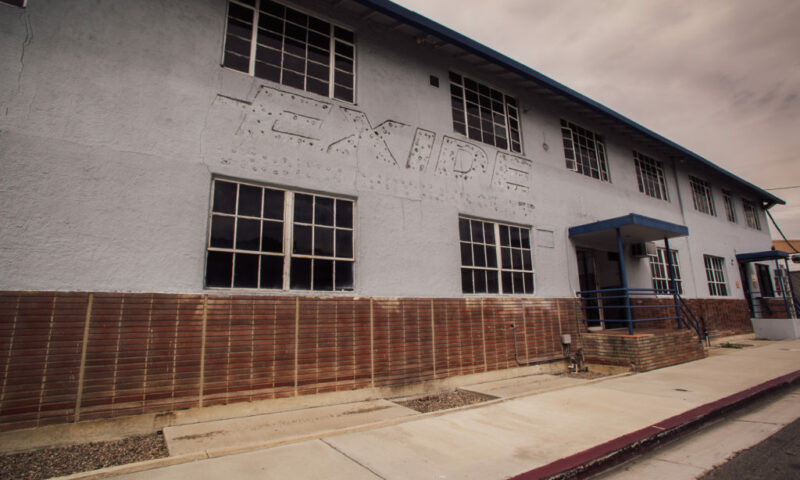

California’s Department of Public Health and Cal/OSHA didn’t protect workers from lead contamination at a battery recycling plant. A state Assembly member will hold hearings for a worker-protection bill based on our investigation.
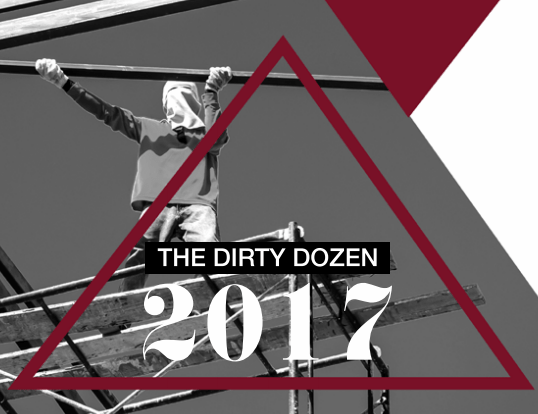
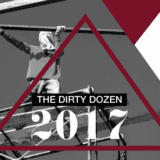
“The safety conditions in the Dirty Dozen show we need more enforcement of our safety laws, not less,” says former OSHA official Jordan Barab. He describes proposed federal OSHA budget cuts under the Trump administration as “penny-wise and pound-foolish” for workers and taxpayers.


The day after undergoing complicated surgery for pancreatic cancer, a friend’s 76-year-old-husband became combative and aggressive while being cared for in an Intensive Care Unit. He stood up, tore out his IV and nasal gastric tubes, and pushed the nurse who had come to get him to lie down. Eventually he had to be tied down to his bed with hand and foot restraints because he was kicking and thrashing about – even kicking his wife in the stomach. Not the type of scene we expect in an ICU.
For nurses these days, however, it seems that assaults and acts of violence have become part of the job. According to Christy McConville of the United Nurses Associations of California, workplace assaults are now being captured on video and shared on social media, creating a new awareness of the problem.The federal Bureau of Labor Statistics reports that violence against hospital workers is nearly five times greater than against average workers in all other employment categories combined – and it seems to be rising.
» Read more about: Urgent Care: Protecting Nurses Against Workplace Violence »
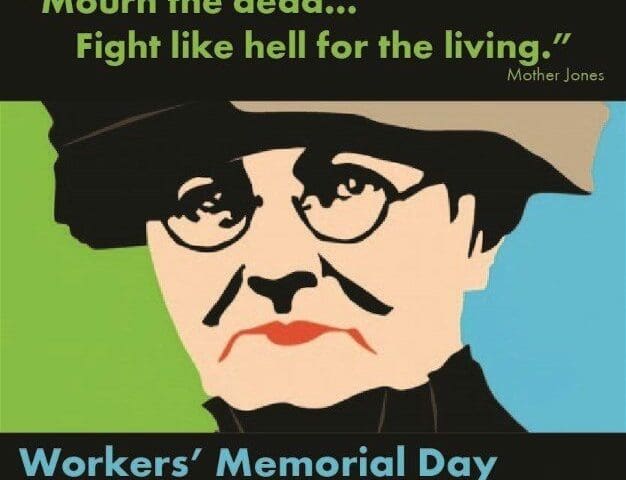
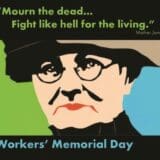
The virtual disappearance of work stoppages in America is hardly a sign of labor contentment but a reminder of how, in today’s hyper-stressed workplace, workers are afraid to protest when they believe their jobs hang in the balance. When a wildcat strike takes place, then, it’s safe to assume there must be powerful motivations behind it.
Baggage handlers working for Menzies Aviation at Los Angeles International Airport saw their 2012 walkout as a matter of life and death. At the time of their strike, three Menzies employees had been killed in California tarmac accidents, prompting workers to file complaints with Cal/OSHA about the workers’ lack of safety training and the company’s cavalier attitude towards faulty electrical equipment and the storage of fuel cylinders. The company took the bad PR and occasional fines in stride, however, and continued to conduct business as usual.
Then, this past February, a worker named Cesar Valenzuela was thrown from the luggage tug he had been driving and run over by the vehicle,
» Read more about: Mourning for the Dead, Fighting for the Living »
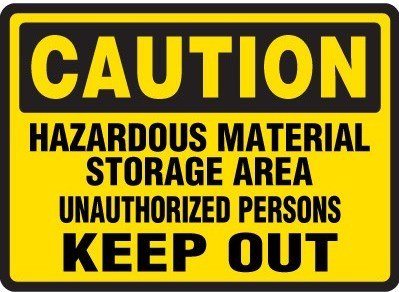
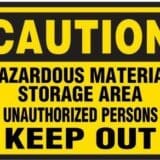
The horrific collapse of a Bangladeshi garment factory has sparked appropriate global outrage, with advocates, pundits and politicians calling for tougher laws to protect exploited workers in Third World countries. Yet this tragedy, like many before it, seems far removed from the reality of the American workplace.
It isn’t nearly as remote as we might think — a fact eerily underscored by the deadly fertilizer plant fire in Texas that preceded the Bangladeshi catastrophe.
While the surreal quality of the Texas disaster was somewhat unique, the deaths and injuries caused by it were not. Every year thousands of American workers die on the job, and hundreds of thousands are injured.
The reason? Lax worker safety laws, and weak enforcement of those that do exist. Another way of putting it is that we are letting men and women die simply by failing to afford them basic protections.
It was a gruesome factory accident —

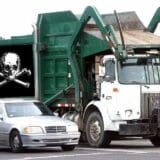
Last week, more than 30 citations were issued by the California Occupational Safety and Health Administration (Cal/OSHA) to a waste recycling company called American Reclamation, Inc., its subsidiaries and a temporary employment agency. The citations dealt with serious violations at a material recovery facility in Los Angeles, which is where trash is sorted by hand to remove recyclables from other waste.
Cal/OSHA cited the company for violations of health and safety standards,
failure to train workers properly and a host of other unlawful practices. I’m happy that our state health and safety enforcers caught these violations, but I fear that the lack of enforcement resources in California means many other violations at other facilities are slipping through the cracks.
Coming off a thrilling victory on banning plastic bags, the City of L.A.’s next waste discussion centers on taming the currently out-of-control open permit system that governs how waste is collected for business and large apartment buildings.
» Read more about: Waste Violations Hurt L.A. Workers and the Environment »
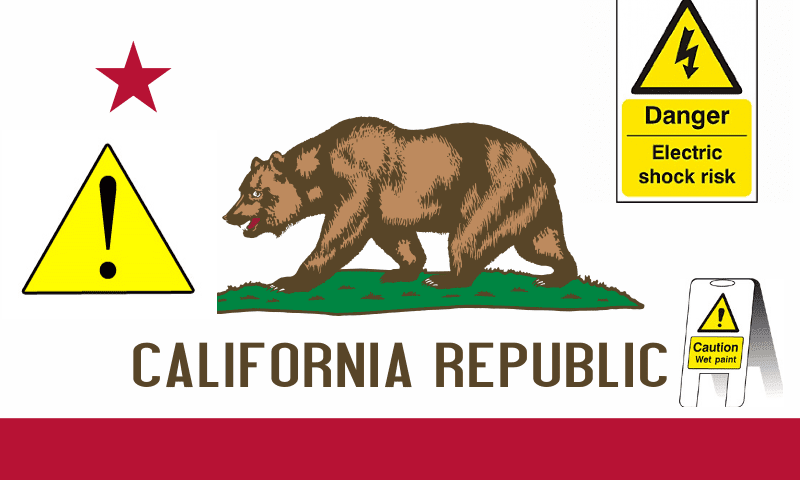

(The following news announcement was issued by the Harvard Business School.)
Research published today in Science sheds light on a hot-button political issue: the role and effectiveness of government regulation. Does it kill jobs or protect the public?
The new study, co-authored by Harvard Business School Professor Michael Toffel, Professor David Levine of the Haas School of Business at the University of California, Berkeley, and Boston University doctoral student Matthew Johnson, examines workplace safety inspections conducted by California’s Division of Occupational Safety and Health (Cal/OSHA). The authors carried out the first evaluation of a “clinical trial” of the state’s mandated randomized inspections to discern their effect on both worker safety and companies’ bottom lines.
The results overturn conventional wisdom: Workplace inspections do reduce on-the-job injuries and their associated costs, and the researchers could not detect any harm to companies’

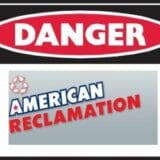
Solid waste company American Reclamation, Inc. which for months has come under heavy fire over alleged safety violations and poor treatment of its employees, was cited by Cal/OSHA this week following an investigation by the agency into conditions at its Atwater recycling facility.
Cal/OSHA issued 36 citations to the company, its recycling subsidiary, South Coast Fibers, Inc. and their staffing agency totaling nearly $40,000 in penalties.
The investigation stemmed from complaints filed by Karla Campos, a 25-year-old Glendale resident and former American Reclamation worker. “American Reclamation treats us worse than the trash we sort,” said Campos, who has charged that she was fired by the company after falling on trash and breaking her tailbone.
The citations come as the L.A. City Council considers adopting a new exclusive franchise system for commercial and multifamily waste. The system would mitigate many of the problems found in the current system —
» Read more about: Cal/OSHA Cites American Reclamation for Unsafe Conditions »